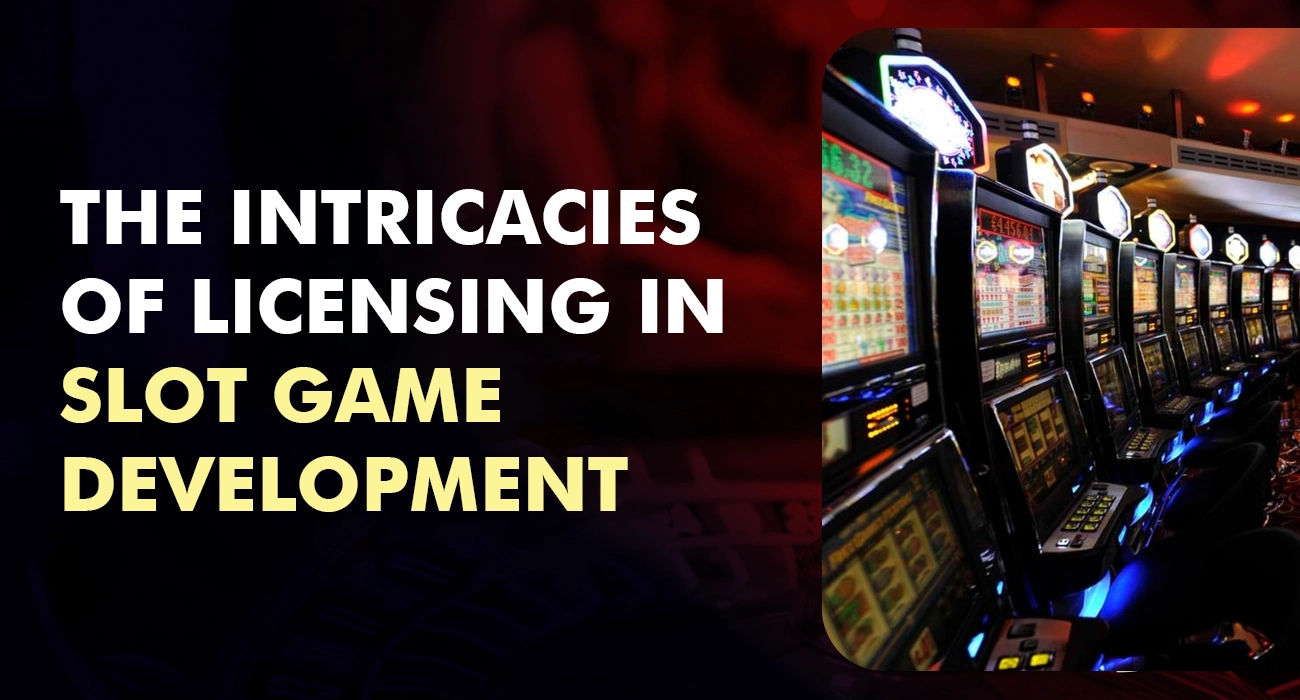The Intricacies of Licensing in Slot Game Development
The dynamic and competitive sector of Best Slot Games Online production blends creativity, technology, and legal issues. Licensing is crucial for developers, involving legal, economic, and artistic considerations in the intricate process of creating slot games. In this post, we will examine the essential elements of licensing in the creation of Best Slot Games Online, as well as the potential and difficulties faced by developers in this complex field.
Recognizing licensing in the creation of slot games:
- Fundamentals of licensing:
Fundamentally, in the context of developing slot games, licensing refers to the authorizations granted by the law for developers to produce, market, and run such games. To maintain compliance with legal frameworks and guard against infringement claims, developers usually apply for licenses from regulatory agencies and intellectual property owners. Negotiations with licensors and a detailed analysis of pertinent legislation are part of this procedure.
- Adherence to regulations:
Regulatory compliance is one of the main factors taken into account when developing slot games. The gaming industry is subject to a variety of laws and regulations in different jurisdictions, which creators must navigate. To lawfully conduct business in a particular area, it is imperative to obtain the required licenses from gaming authorities. Severe fines and the suspension of activities may follow noncompliance with these regulations.
- Rights to intellectual property:
Obtaining the relevant intellectual property rights is yet another crucial component of licensing for the creation of slot games. Developers frequently require licenses for copyrights, trademarks, and occasionally patents of game elements, characters, and themes. This guarantees that the game does not violate any already-existing intellectual property and helps avoid legal issues.
Difficulties with licencing:
- Dynamics of the world market:
The licensing process becomes more complicated due to the worldwide nature of the gaming industry. Developers have to deal with various regulatory frameworks, cultural nuances, and commercial expectations. Developers must customize their licensing approach for every market, as what is permissible in one area can be illegal in another.
- Shifting regulatory environment:
Governments and authorities are constantly changing the regulations surrounding slot machines in response to changes in society and breakthroughs in technology. It is difficult for developers to keep up with these changes and modify their licensing plans accordingly. This necessitates being proactive in maintaining compliance and being prepared to alter operations in response to evolving regulations.
- Expense and available resources:
Obtaining licenses can be an expensive and resource-consuming procedure. Developers might have to set aside a sizable sum of money for continuous compliance initiatives, application fees, and legal expenditures. It can be difficult for small and independent developers to get over these financial barriers, so finding a balance between resource allocation and compliance is essential.
Prospects and Approaches:
- Strategic alliances:
Developers may want to consider forming strategic alliances with seasoned platform suppliers or operators. Because the partners may already have licenses in place in essential areas, these alliances help speed up the licensing process. Collaboration can also give access to resources and knowledge, which improves the process of development and distribution as a whole.
- Novel concepts and elements:
In a competitive market, producers can set themselves apart with their slot games by emphasizing unique themes and features. This draws gamers in addition to creating chances for exclusive licensing deals. Inventive and captivating material might work as a selling factor when negotiating a license with the owners of intellectual property.
- Flexibility and adaptability:
Because the gaming industry is so dynamic, creators need to continue to be agile and adaptive with their licensing tactics. This entails being ready to adapt game material to changing market demands, welcoming emerging technologies, and anticipating changes in regulations.
The process of licensing in the creation of slot games is complex and incorporates financial, legal, and creative factors. Developers need help navigating the regulatory environment, protecting intellectual property, and dealing with the volatility of the global market. To ensure the profitability and compliance of their slot games in a cutthroat market, developers can, however, turn these obstacles into opportunities by carefully pursuing partnerships, emphasizing innovation, and remaining flexible.
Also read: Tips for Choosing the Best Casino App for Your Preferences (khelraja.live)






